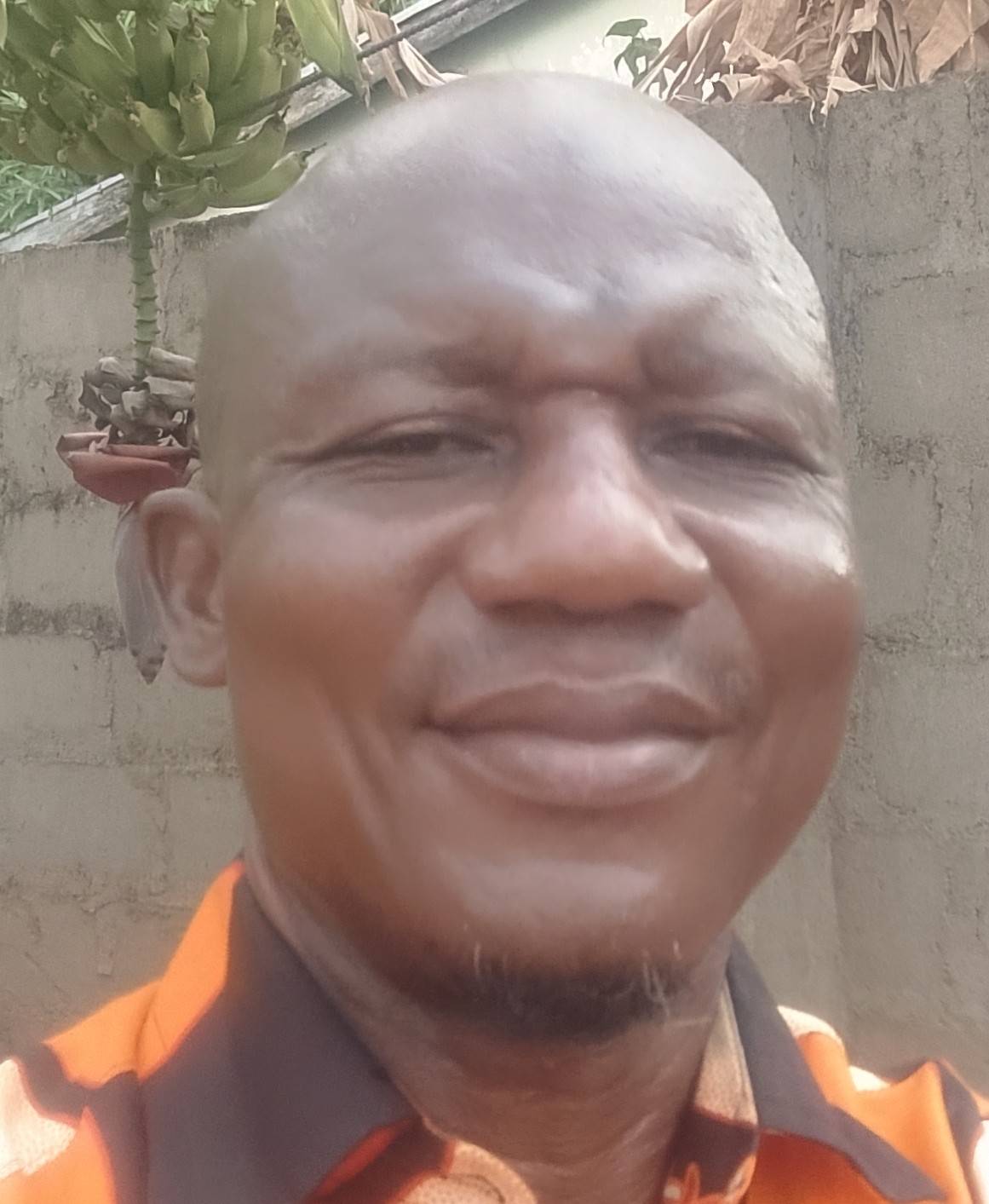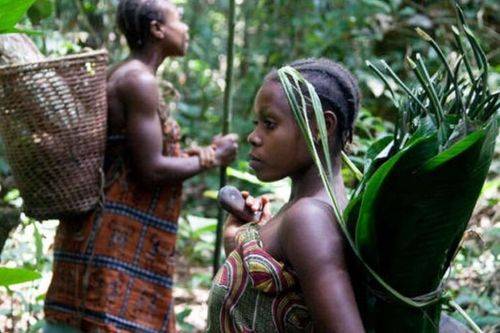From Forest Reserve to Criminal City: The Dodowa Crisis in Ghana
What was one time a vibrant, green haven in the Greater Accra Region, today the Dodowa Forest Reserve in Ghana is a mere shadow of its former self. Once kept intact because of its ecological and cultural significance, this forest has gradually been transformed into a full-scale illegal settlement—and worse yet, a den for criminality. What was meant to be protected for future generations is now struggling to survive, surrounded by human greed, corruption, and neglect.
The problem began quietly. Small communities infiltrated the forest, typically with the backing of dubious documents of land ownership or the blessing of unauthorized land salesmen. The numbers slowly mounted over time. Temporary residences gave way to cement structures, and temporary shelters became permanent dwellings. Before long, whole settlements had been built within the reserve—without the approval or management of the government or environmental groups.
The damage to the environment has been appalling. Large expanses of forest have been cleared, destroying natural habitats for birds, small animals, and wildlife. Trees that were decades old have been cut down indiscriminately. Streams that once watered the land are dry or polluted. Biodiversity has fallen sharply, and the very ecosystem of the forest is destroyed.
But half the story is said only about the devastation of the environment.
In the absence of law and order agencies in these unauthorized settlements, criminality has set in. The area is a den for illicit activities like land frauds, deforestation, robberies at gunpoint, and narcotics traffic operations. The same isolation that once worked for the forest to protect itself, now benefits organized criminal groups. Residents of border towns have now started reporting upsurges in theft, abuse, and social disorder.
The authorities tried to act. In a bid to reclaim the land, a series of demolition operations were launched, flattening hundreds of illegal structures. Not only were they meant to stop encroachment, but to send a strong message: the forest is not for sale. Following the demolitions, trees were replanted. Thousands of native trees like mahogany and acacia were planted to restore what was lost.
But resistance has remained firm. Well-meaning settlers, at least so it would seem, have purchased the land. Others accuse local authorities of turning a blind eye—and worse, of profiting from sales of illegally owned land. Red tape, corruption, and a lack of any coordinated plan for enforcement have all served the government ill. Lacking decent titles of ownership and accountability in law, evictions tend to bring tension and chaos.
Even the customary leaders have joined the fray, calling for the protection of the Dodowa Forest not only as an environmental gem but as part of the Ga-Dangme heritage. They have requested the authorities to investigate and prosecute the culprits behind the illegal sales and to empower the communities to act as custodians of their natural heritage.
The destiny of the Dodowa Forest remains uncertain. If sustained enforcement does not take place, along with reform of the legislation and sustained public awareness, then the destructive cycle can continue. But still there is hope. If Ghana succeeds in making restoration a reality and bringing the destroyers of the forest to book, Dodowa will become an example of environmental rebirth rather than an ominous precedent.
In the end, the crisis is not one of trees and land—it's one of what kind of nation Ghana wants to be. One that protects its heritage and natural resources, or one that lets them slip away under the weight of uncontrolled development and chaos. The battle for Dodowa is far from won.




No comments yet
Be the first to share your thoughts!